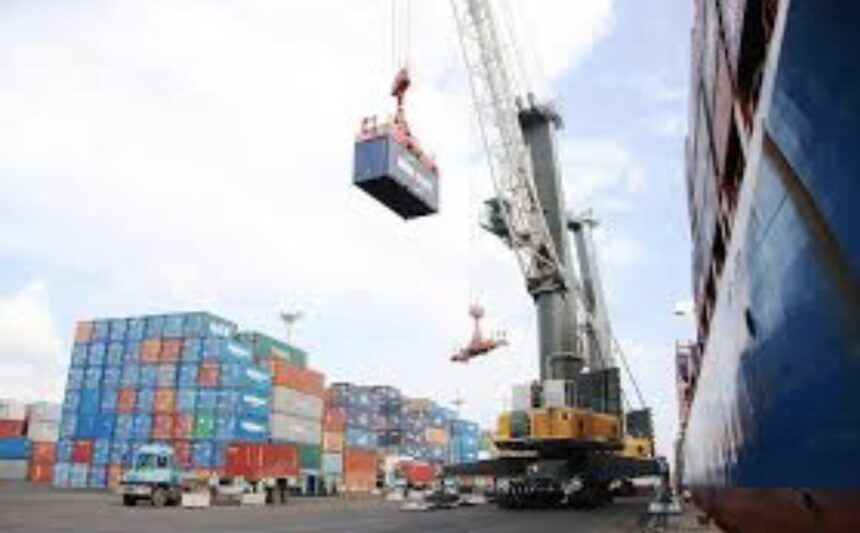The Nigeria Customs Service Board (NCSB) has approved a de minimis threshold value of $300 for low-value consignments imported through express shipments or passenger baggage.
De minimis refers to the minimum value of goods below which no customs duties or taxes are charged when importing into a country.
In a statement on Sunday, Abdullahi Maiwada, Customs spokesperson, said the decision was reached at the board’s 63rd regular meeting on September 2, chaired by Wale Edun, Minister of Finance and Coordinating Minister of the Economy.
The new rule, which takes effect on September 8, is aimed at simplifying clearance processes for low-value imports, enhancing trade facilitation, and providing clarity for e-commerce operators and travellers.
“After a comprehensive review of similar practices across continents, the Board approved $300 as Nigeria’s official De Minimis threshold. This exemption will apply to low-value imports, e-commerce consignments, and passenger baggage,” the statement read.
The approval, limited to four importations per year, aligns with provisions of the Nigeria Customs Service Act 2023 and international instruments such as the WTO Trade Facilitation Agreement and the WCO Revised Kyoto Convention.
Under the regulation, goods valued at $300 or less will be exempted from customs duties and taxes, provided they are not on the list of prohibited or restricted items. Passenger baggage not exceeding the same value also qualifies for exemption.
Maiwada added that eligible consignments would enjoy immediate clearance without post-release documentation. However, he cautioned that strict penalties—including forfeiture, arrest, and other sanctions under the NCS Act—await those who attempt invoice manipulation or duty evasion.
To support implementation, Customs will establish multi-channel helpdesks to guide stakeholders, address inquiries, and resolve complaints. The initiative, Maiwada said, is expected to boost cross-border e-commerce, minimise clearance delays, and strengthen Nigeria’s role as a regional leader in trade facilitation.

